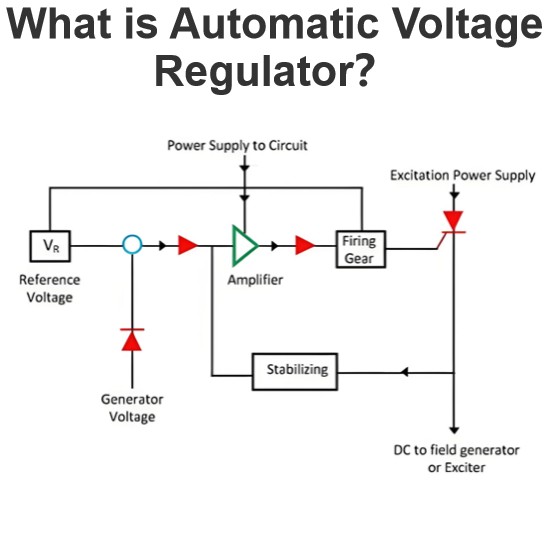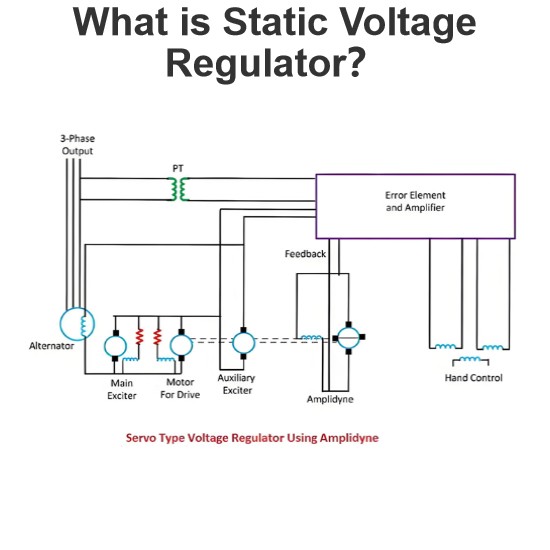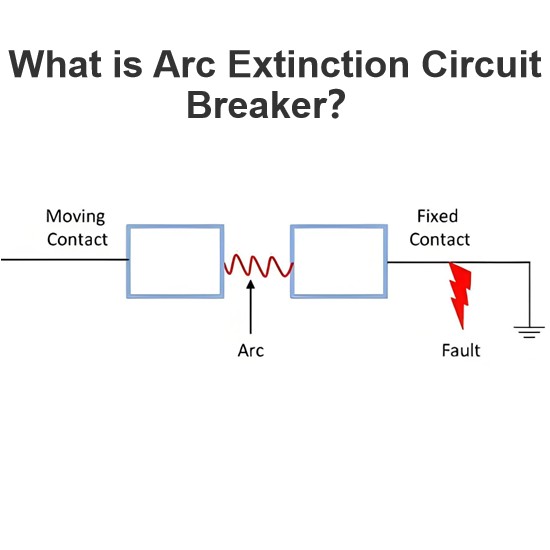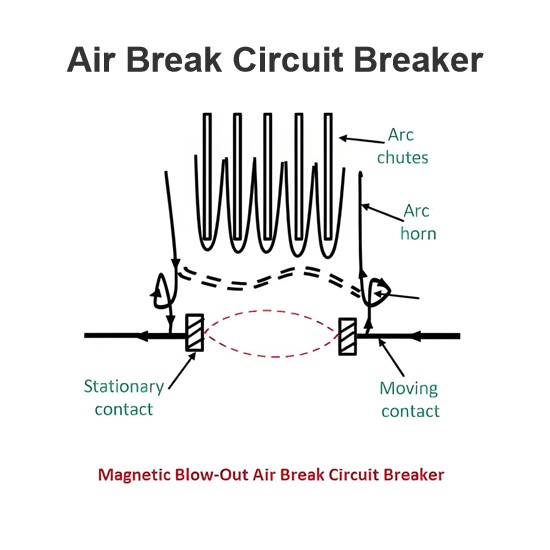What is a Transmission Lines?
What is a Transmission Lines?
Transmission Line Definition
A transmission line is a designed conductor that carries large volumes of electrical power across large distances at high voltages.
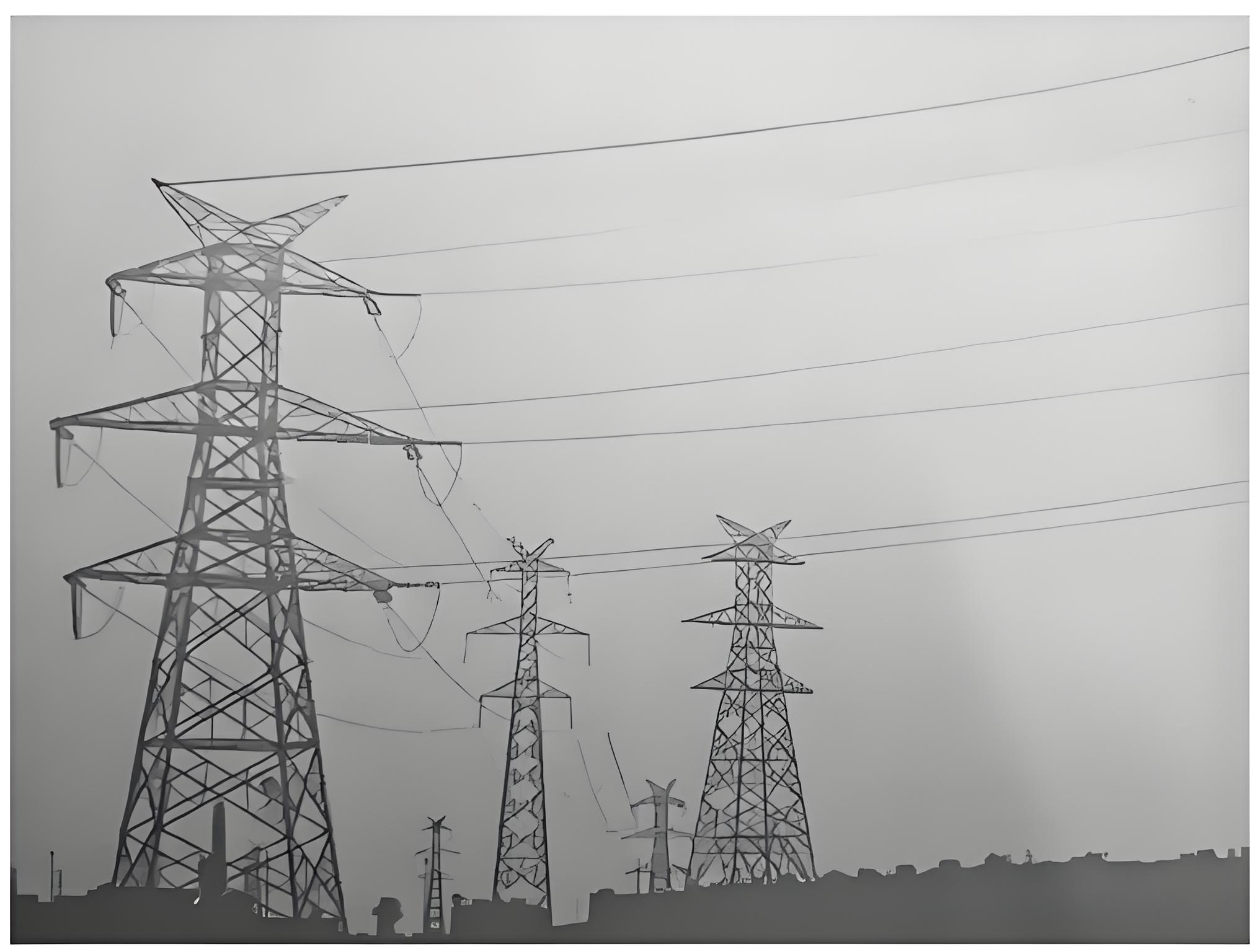
Line Types and Lengths
Transmission lines are categorized by length; short lines are under 80 km, medium lines between 80 and 250 km, and long lines over 250 km.
Efficiency Explained
Transmission line efficiency is the ratio of power received to power sent, indicating how much power reaches its destination versus how much is sent.
cosθs is the sending end power factor.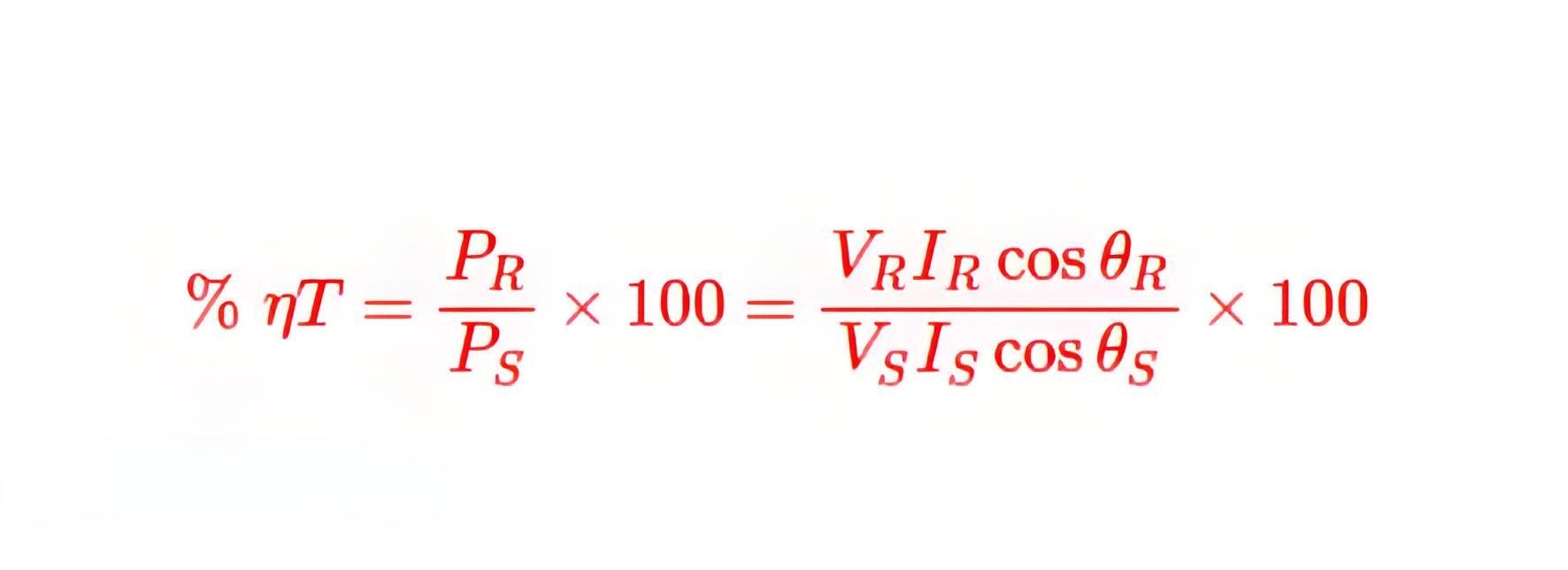
cosθR is the receiving end power factor.
Vs is the sending end voltage per phase.
VR is the receiving end voltage per phase.
Voltage Regulation
Voltage Regulation Defined: Voltage regulation in a transmission line is the percentage difference in voltage between the sending and receiving ends under varying load conditions.
Where, Vs is the sending end voltage per phase and VR is the receiving end voltage per phase.
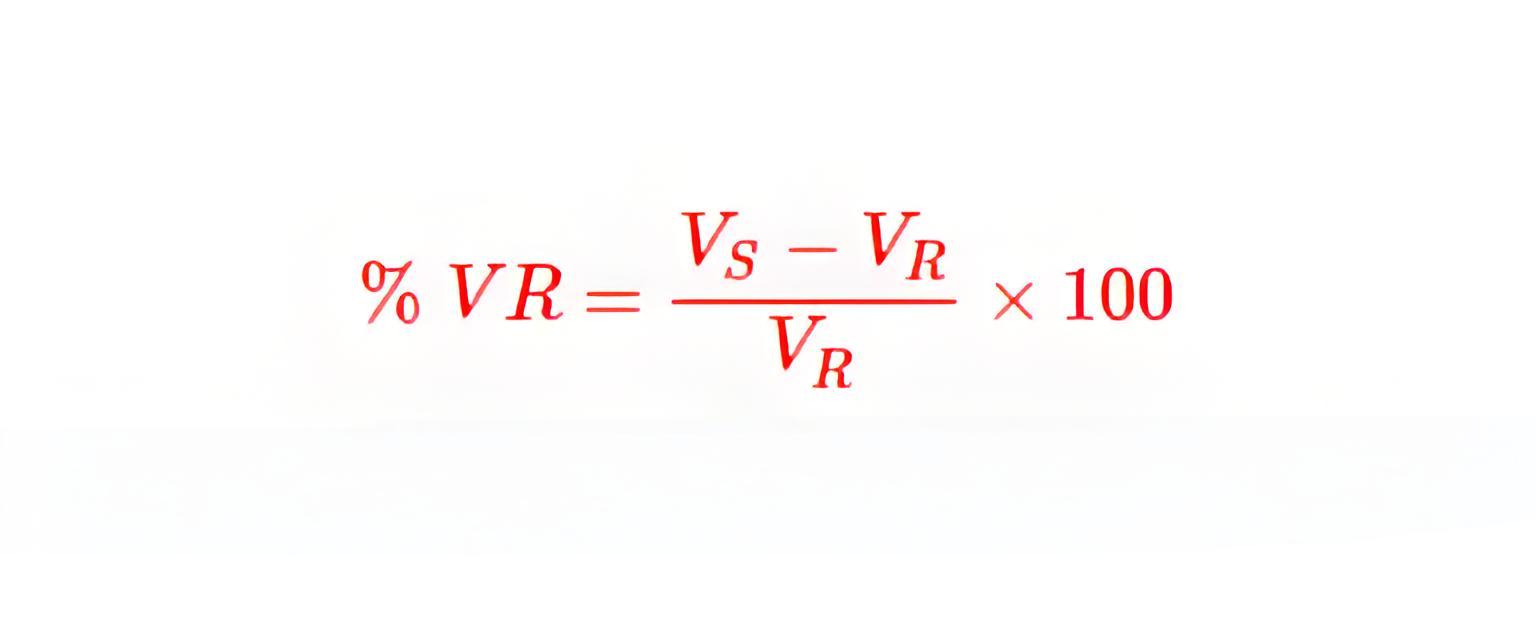

XL is the reactance per phase.
R is the resistance per phase.
cosθR is the receiving end power factor.
Effect of load power factor on regulation of transmission line:
For lagging load

For leading load

Power factor is lagging or unity, and then VR is increased and goes to be positive.
Power factor is leading, and then VR is decreased and goes to be negative.
Capacitance in Transmission Lines
In longer transmission lines, the effect of capacitance is significant and must be modeled correctly to ensure accuracy in power transmission.
The Electricity Encyclopedia is dedicated to accelerating the dissemination and application of electricity knowledge and adding impetus to the development and innovation of the electricity industry.
